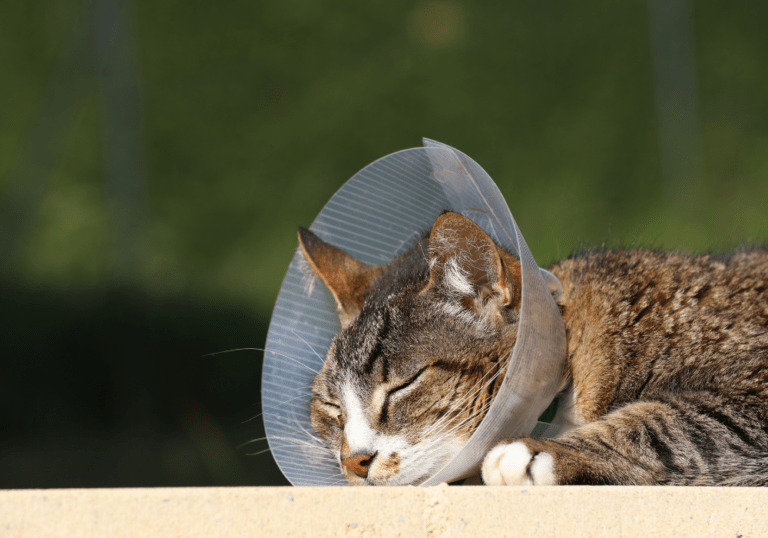Does Your Pet Have an Abscess? Identifying and Treating Abscesses in Pets

Abscesses are painful, pus-filled swellings caused by bacterial infections that can seriously affect your pet’s health. Unlike humans, pets often don’t vocalize their discomfort or pain, making it crucial for pet owners to recognize the signs of an abscess early. Understanding the risk factors, symptoms, and treatment options can help you ensure your furry friend receives timely care.
## What Do Abscesses Look Like?
An abscess typically appears as a strange swelling or lump on your pet’s body. These lumps can sometimes hide beneath your pet’s fur, making them hard to detect. If an abscess ruptures, you may see oozing pus and potentially notice a foul odor emanating from the area. It’s important to note that abscesses can also develop deep within the body, where they may not be immediately visible.
How Do Pets Get Abscesses?
Pets can develop abscesses for various reasons. Some common causes include:
- Injuries from Fights: If your pet has been in a tussle with a wild animal or another pet, even minor scratches or bites can become infected.
- Skin Breaks: Even small breaks in the skin can allow bacteria to enter and cause an abscess.
- Breed-Specific Risks: Certain breeds, such as English Bulldogs, Labrador Retrievers, and Chinese Shar-Pei, are more prone to developing abscesses due to their short hair, which can lead to ingrown hairs.
Other causes include:
- Impacted anal glands
- Damaged or decayed teeth
- Blood infections
- Sinus or ear infections
- Pneumonia
What Are the Signs of Abscesses?
The signs of an abscess can vary based on its location. Key symptoms to watch for include:
- Redness: The skin around the abscess may appear red and feel warm to the touch.
- Licking: Your pet may frequently lick the affected area, leading to hair loss.
- Fever: An increase in body temperature can indicate an infection.
- Coughing: If your pet is coughing, it could signify a lung abscess.
- Loss of Appetite: An infection can make your pet uninterested in food.
- Facial Swelling: Tooth abscesses can cause swelling in the face, particularly under the eyes or jaw.
- Scooting: If an anal gland becomes abscessed, your pet may scoot its bottom along the floor to relieve discomfort.
- Pain: Limping or reluctance to move can indicate pain caused by an abscess.
- Fatigue: Your pet may show signs of lethargy due to the infection.
How Are Abscesses Treated?
If an abscess has not burst, your veterinarian will perform a minor surgical procedure to drain the pus safely. Regardless of whether the abscess has ruptured or not, antibiotics will be necessary to eliminate the bacteria and prevent the infection from spreading. In some cases, your pet may also require intravenous (IV) fluids or anti-inflammatory medication.
If a tooth infection is the source of the abscess, your veterinarian will extract the affected tooth and treat the surrounding infection.
How Can Abscesses Be Prevented?
While it’s not always possible to prevent abscesses, you can significantly reduce the risk by following these guidelines:
- Treat Wounds Promptly: Clean any open wounds with warm water and apply antibiotic ointment. Consult our doctors at Willow Glen Pet Hospital if the wound is deep or bleeding excessively.
- Keep Your Cat Indoors: Indoor cats are less likely to get into fights that lead to abscesses, as well as other dangers like cars or poison.
- Express Your Dog’s Anal Glands: If your dog is prone to anal gland issues, have them expressed by a veterinarian or groomer to prevent infections.
- Regular Dental Care: Schedule regular dental cleanings to remove plaque and tartar, decreasing the chances of tooth decay and abscess formation.
If you suspect that your pet may have an abscess, don’t hesitate to consult our doctors at Willow Glen Pet Hospital for an appointment.
If you need more help or have any questions, call us at Willow Glen Pet Hospital, willowglenpethospital.com, (669) 342-7472, 1033 Willow Street, San Jose, CA, 95125, US.
Hours: Monday – Saturday 8:00 am – 6:00 pm
Dr. Gillon or Dr. Shani are here to help you and your beloved pets!
